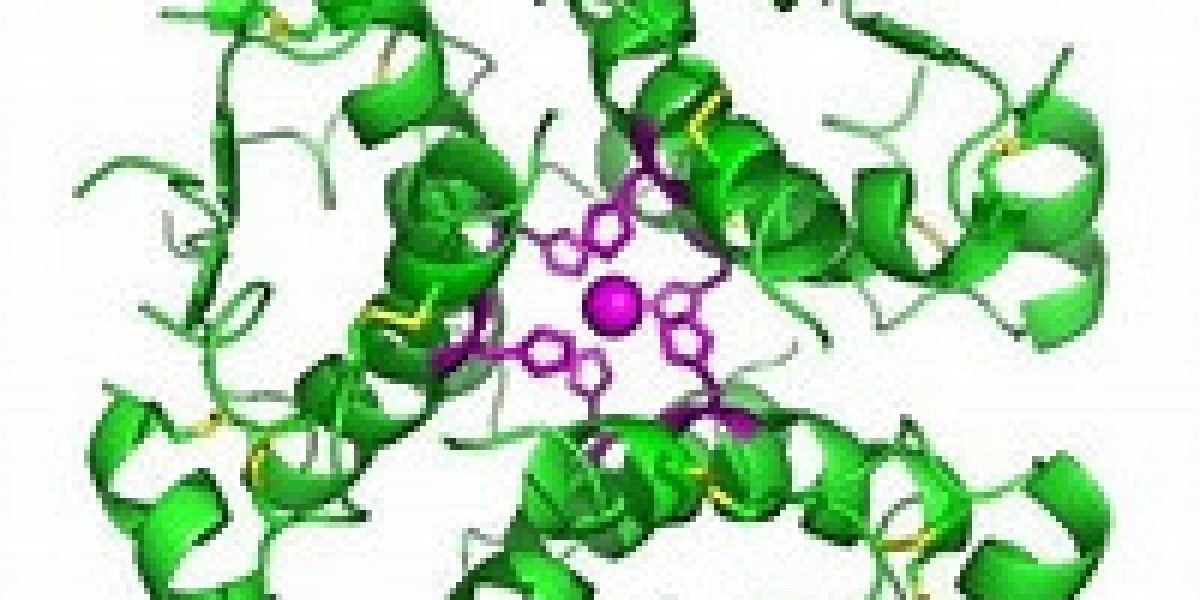1. Short-acting secretagogue:
Short chemical-acting secretagogue refers to insulin drugs that have a short action time and take effect quickly. The most common among them are insulin injections, including regular insulin injections and rapid-acting insulin injections. These drugs are typically used to temporarily control elevated blood sugar levels, such as controlling postprandial blood glucose peaks. The advantage of a short-acting secretagogue is its rapid action, but its duration is relatively short, and it needs to be used reasonably according to individual circumstances and a doctor's advice.
2. Intermediate effect chemical pancreatic secretagogue:
Medium-acting secretagogue refers to insulin drugs with a shorter duration of action, which is slightly longer than short-acting secretagogue. Intermediate-acting glucagon is commonly used to assist in controlling long-term blood glucose levels, such as insulin intermediate-acting injections. These drugs can provide sustained insulin release, help stabilize blood sugar levels, and are suitable for patients who require longer periods of blood sugar control.
3. Long-acting secretagogue:
Long-acting secretagogue refers to insulin drugs that have a longer duration of action. The most common one is long-acting insulin injections. Long-acting glucagon can provide sustained insulin release to maintain stable blood glucose levels. These drugs are suitable for patients who require round-the-clock blood glucose control and can reduce the need for frequent injections.
Chemical Pancreatic secretagogue has a wide range of applications in the pharmaceutical industry. In addition to the different types of secretagogues mentioned above, some new insulin drugs are constantly being developed and applied. For example, an insulin pump is a device that can continuously infuse insulin, better simulating the natural secretion rhythm of insulin and providing precise blood glucose control.
In addition, in recent years, secretin has also received some attention in areas other than the treatment of diabetes. Researchers have found that secretagogues may have potential therapeutic effects on certain neurological disorders, such as Alzheimer's disease. This provides a new direction for further research and development of pancreatic secretin.
In a word, chemical secretin, as an important drug, plays an important role in regulating blood sugar levels and treating diabetes. Different types of secretagogues have their own characteristics and application areas, and doctors must choose and adjust the use of drugs based on the patient's condition. With the continuous progress of pharmaceutical technology, it is believed that there will be more breakthroughs in the research and application of secretin to provide better treatment for patients with diabetes.
Search
Popular Posts









